Introduction: Why Real Estate Planning Matters for Education Professionals
Real estate plans for teachers and education professionals are often overlooked in financial planning conversations. Yet, this community forms the backbone of Indian society, and they too deserve housing solutions tailored to their income cycles, lifestyle needs, and long-term financial goals.
Whether you’re a government school teacher, a private university lecturer, or an education consultant, owning a home can offer both emotional security and wealth creation. However, with fixed income structures, periodic pay commissions, and specific eligibility criteria for home loans, real estate planning requires a more personalized and strategic approach.
Let’s explore how teachers and education professionals can take smart, confident steps toward property ownership in 2025.
1. Know Your Eligibility for Home Loans
Teachers often have stable, long-term employment, which banks love when approving loans. But factors like take-home salary, years of service left, and existing liabilities influence eligibility.
Tips:
- Government teachers generally receive better interest rates and longer tenures due to job security.
- Private educators might need additional documentation or a co-applicant to boost approval chances.
- Always maintain a good credit score (above 750) to unlock better loan deals.
2. Take Advantage of Teacher-Focused Housing Schemes
Some state governments and development authorities launch housing schemes specifically for teachers at subsidized rates.
Examples:
- MHADA in Maharashtra
- Delhi Development Authority (DDA) teacher quotas
- RERA-approved cooperative housing societies for school staff
Always keep an eye on such schemes through official portals or local real estate advisors.
3. Prioritize Locations with Long-Term Benefits
While it’s tempting to buy a home near your current school, think long-term. Schools may change, but a good investment will appreciate regardless.
Best Location Factors:
- Proximity to educational hubs or coaching centers (e.g., Kota, Pune, Noida)
- Well-connected suburbs in Tier-1 or Tier-2 cities
- Areas with upcoming metro stations, expressways, or IT parks
4. Consider Compact Homes or Plotted Investments Early On
If you’re early in your teaching career:
- Start with a 1 BHK or 2 BHK flat in a developing area.
- Or invest in a plotted development—it’s cheaper and gives you the flexibility to build later.
These low-risk investments help build your credit and asset portfolio.
5. Use Your Summer Breaks to Explore Projects
Unlike other professionals, teachers often get extended holidays. Use this time to:
- Visit on-site projects
- Speak to builders and bankers
- Attend property expos or seminars in metro cities
You can make more informed decisions without juggling a packed teaching schedule.
6. Opt for Joint Ownership with a Spouse or Parent
If your spouse also works in education or government service, apply for a joint loan. This increases your loan eligibility and offers tax benefits under sections 80C and 24B.
In case you’re unmarried, a joint application with a parent can also work, especially for first-time buyers.
7. Invest in Rental Property for Passive Income
Once you own a home, consider buying a second property for rental income. This is ideal if you’re approaching retirement.
Good areas:
- Near coaching centers, hostels, or PG hubs
- University towns
- Upcoming educational townships
This provides post-retirement financial security while building a strong asset base.
8. Plan Your EMIs Based on Annual Increments or DA Revisions
Teachers often get fixed increments or DA hikes. Use this predictability to plan EMI step-ups:
- Start with a low EMI plan and increase contributions yearly
- Consider SBI’s Flexipay or similar schemes tailored to government workers
9. Use Housing as a Legacy Tool
Many teachers view real estate not just as a financial move, but a gift for their children. Plan to buy in your child’s future city—like a student-friendly apartment in Pune or a plot in Ahmedabad.
10. Work with Ethical, RERA-Compliant Builders
Teachers are known for their integrity—extend that value to your real estate decisions.
- Always choose RERA-approved projects
- Avoid fly-by-night builders offering “too-good-to-be-true” deals
- Work with real estate advisors who understand the needs of salaried professionals
11. Plan With Retirement in Mind: Think Long-Term Value
For many teachers, real estate isn’t just a place to live—it’s their retirement anchor. Planning ahead can ensure that your property supports your golden years, either by offering a peaceful residence, acting as a rental income source, or being sold off for a retirement corpus.
Here’s what you can do:
- Look for gated communities or senior-living-ready layouts that offer healthcare facilities, elevators, security, and parks.
- Properties in retirement-friendly cities like Mysuru, Dehradun, or Coimbatore offer better air quality, lower living costs, and quiet surroundings.
- Ensure your home has essential age-proof features such as ramps, wide doors, non-slippery tiles, and emergency switches—especially if you plan to age in place.
12. Embrace Sustainable Housing: Eco-Conscious Is Smart Investing
Teachers are often champions of sustainability and environmental stewardship. Your home investment can reflect these values too.
Look for properties that include:
- Rainwater harvesting systems
- Solar-powered lighting and water heaters
- Low-VOC paints and eco-friendly building materials
- Energy-efficient appliances and smart home integrations
Sustainable homes are gaining popularity among buyers and renters alike—so these features not only save on utility bills but also increase resale and rental value.
13. Diversify Your Real Estate Portfolio Over Time
While your first home may be a humble 1 BHK in a growing suburb, over time, you can diversify into:
- A second home in your hometown for holidays or parents
- A rental flat near a college or coaching hub
- A commercial unit like a tuition center or co-working space
The key is to align every investment with a specific financial goal—be it passive income, tax saving, or long-term security.
You don’t have to rush—just plan for a new investment every 5–7 years, and your portfolio will mature along with your career.
14. Real Estate as a Secondary Income Opportunity
Did you know your real estate investment can fund your passion projects?
Many teachers moonlight as authors, online tutors, or YouTube educators. Renting out a part of your home—like a studio, office, or independent floor—can generate extra monthly income that you can reinvest in your creative or entrepreneurial pursuits.
Income Examples:
- Rent out a 1 BHK near a school or coaching hub: ₹10,000–₹15,000/month
- Let out a tuition studio: ₹5,000–₹10,000/month
- Use a commercial unit for a small side-business or coworking: ₹15,000–₹30,000/month
Over a decade, this could become a significant alternate income stream that fuels both financial growth and personal satisfaction.
15. Learn from Peers: Real Stories from Fellow Teachers
Take inspiration from peers who’ve succeeded in smart real estate planning:
- Rashmi, a government school teacher in Lucknow, purchased a plot in Gomti Nagar Extension in 2017. Today, it’s tripled in value, and she’s planning to construct her retirement home there.
- Aniket, a private school math teacher in Bengaluru, bought a 1 BHK flat near a coaching hub. His rental income now covers almost 75% of his monthly EMI.
- Maya, a retired principal in Pune, invested in a senior-living project that offers healthcare, wellness, and cultural activities. She enjoys an independent life while her children live abroad.
These stories underscore one thing: with clarity, patience, and the right partners, teachers can truly thrive in the real estate game.
Conclusion: Let Your Investment Teach You the Value of Security
As a teacher, you’ve helped countless students shape their future. Now it’s time to shape your own—with thoughtful property investments. Real estate doesn’t have to be overwhelming. With proper planning, government support, and expert guidance, your homeownership dream can become a smart, sustainable reality.
Why Choose Around Town Realty (ATR)?
At Around Town Realty (ATR), we understand the unique financial rhythms and aspirations of teachers and educators. We offer:
- Handpicked, budget-friendly projects near educational hubs
- Transparent builder profiles and loan facilitation support
- Tailored advice for government employees and first-time buyers
Whether you’re looking for a cozy apartment to call your own or a long-term rental investment for your retirement years, ATR is here to walk the journey with you—every step of the way.
Visit aroundtownrealty.in to schedule a free consultation with our experts today.
FAQs
- Can teachers apply for government-backed home loans?
Yes, most public sector banks offer special home loan schemes for teachers, especially those in permanent roles. - What are the best locations for teacher investments?
Suburban areas near schools, colleges, or coaching centers tend to be ideal for rental and resale appreciation. - Are there any tax benefits for teachers buying property?
Yes, teachers are eligible for all standard tax deductions under Sections 80C (principal repayment) and 24B (interest). - Is it better to buy in Tier 1 or Tier 2 cities?
Both have benefits. Tier 1 offers more amenities, while Tier 2 cities often provide better value and appreciation potential. - How much down payment is typically required?
Usually, 15-20% of the property value. However, schemes for government employees may offer relaxed terms or lower margins.








